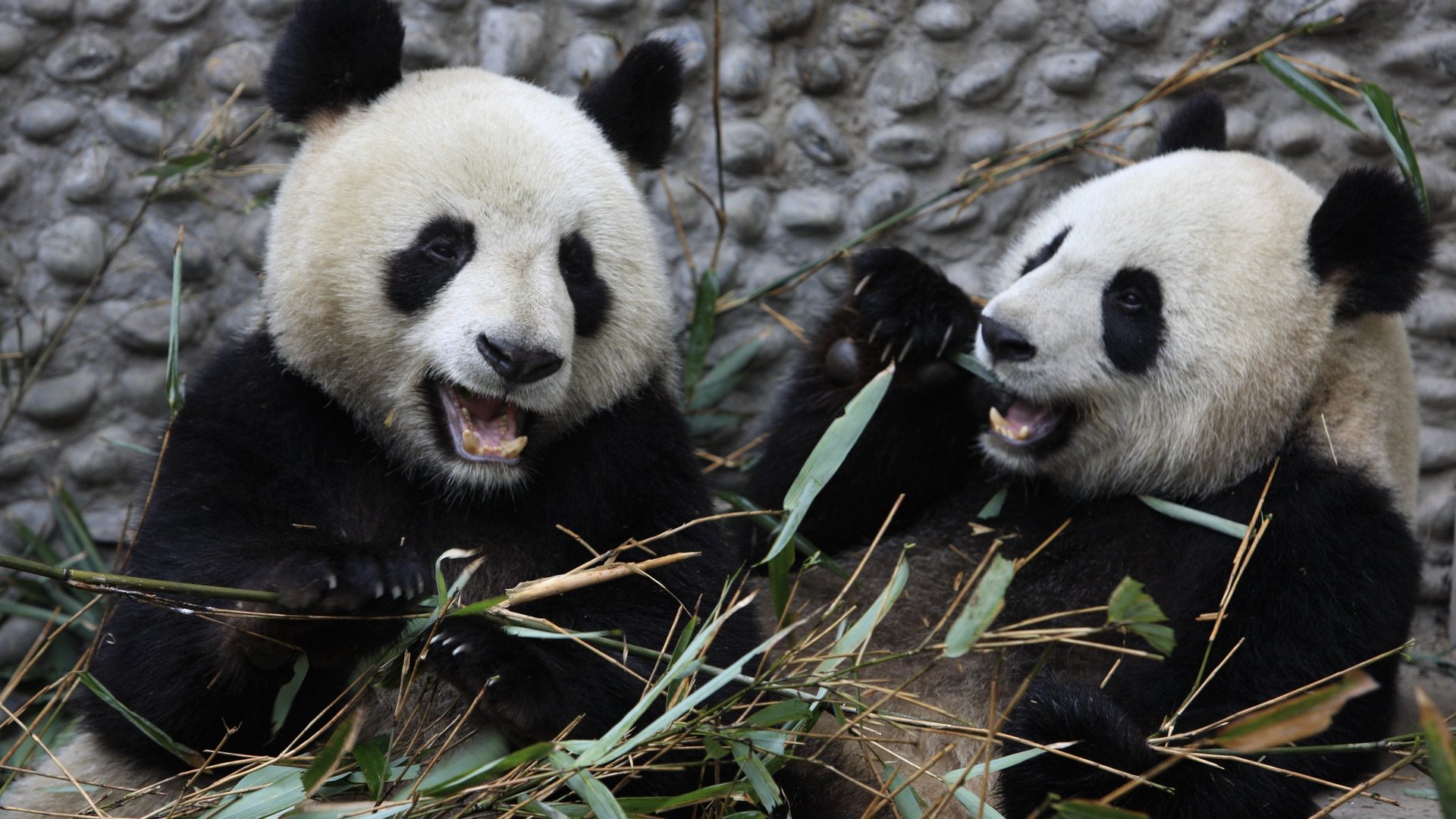Panda poop is being turned into tissues in China
Pandas are undeniably adorable, but would you wipe your mouth with tissues made from their feces? A paper manufacturer in China is betting on it, and thinks you’ll pay extra for the privilege.


Pandas are undeniably adorable, but would you wipe your mouth with tissues made from their feces? A paper manufacturer in China is betting on it, and thinks you’ll pay extra for the privilege.
Jianwei Fengsheng, based in the southwestern province of Sichuan—a panda hotspot—is collecting panda waste from a nearby conservation center and turning it into tissues and toilet paper, according to the Chengdu Business Daily (link in Chinese). Its panda-poop tissue sells for 10 to 20 times the price of the standard variety.
The higher price is necessary to offset the cost of the many sterilization procedures, of which there about 60, manager Zhou Chuanping told the daily, including cleaning and steaming. They’re meant to ensure the products meet hygiene standards around the world. Zhou expects the tissues will gain a following among consumers with an environmental-protection mindset.
Turning the feces into paper helps reduce environmental pollution because the center—called the China Conservation and Research Center for the Giant Panda—would otherwise throw the feces away or use it as fertilizer, according to Huang Yan, director of animal research and management at the center. Huang told the newspaper that on average an adult panda consumes 12-15 kg (26-33 lbs) of bamboo a day, which turns into 10 kg of feces—known as “qingtuan” for its green color and round shape (“qing” means green, “tuan” a round pile).
The company collects the droppings from three basements at the center, which as of October had 273 pandas, accounting for over 60% of the world’s captive population, according to Xinhua.
The key to the tissues is bamboo fiber, which without the assistance of the pandas would be more difficult to process. The company would have to collect fresh bamboo and wait for the sugar to degrade. Instead, it can let the animal’s digestive system do the hard part. After absorbing the sugar, it takes about four hours for pandas to excrete the fiber, according to chairman Yang Chaolin.
Of course, putting animal poop to good use isn’t new. Tibetans and other have long used dried cattle feces (link in Chinese) for cooking fires. And in Indonesia the world’s most expensive coffee, kopi luwak, is made from the poop of civets—a single cup can sell for $80 in the US.